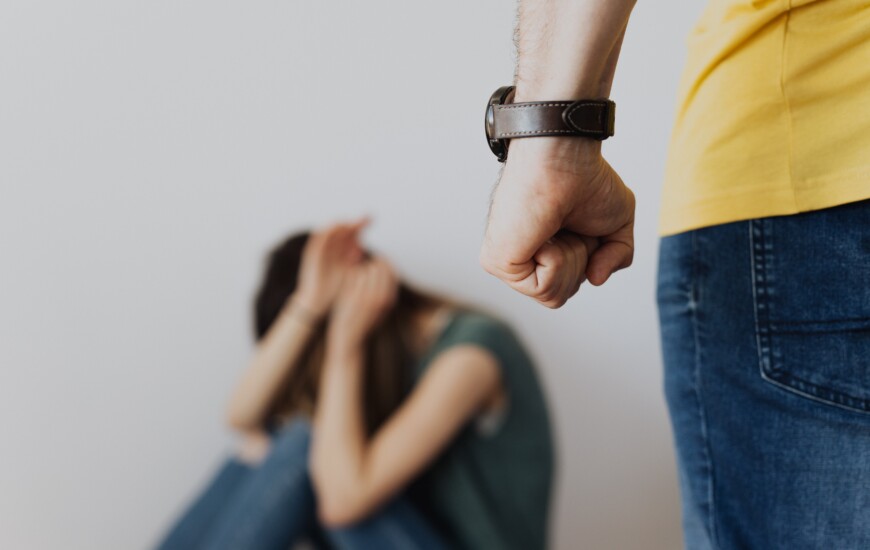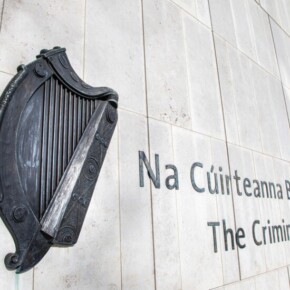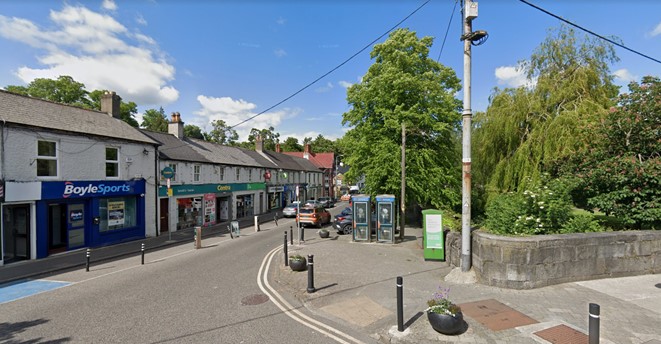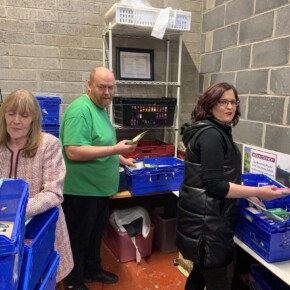Domestic Violence Liaison Officer motion passed by Dublin City Council
Gary Ibbotson 16 Sep 2022
Dublin City Councillors have passed a motion which will provide better support to tenants who are victims of domestic abuse.
At this month’s council meeting, councillors agreed to a motion which will see the appointment of a dedicated Domestic Violence Liaison Officer.
People Before Profit councillor Hazel de Nortuin who tabled the motion said the move has been campaigned for by advocacy groups working with victims of domestic abuse.
“Delighted to say my motion to implement a Domestic Violence Liaison Officer has been passed on Dublin City Council.
“This will allow for those who are suffering domestic violence to engage with DCC and have an experienced and dedicated point of contact,” she said.
“I’ve been working for several months with advocacy groups for those experiencing domestic violence and DCCs Housing Section to see how DCC can better support their tenants who are victims of domestic violence.
“Having a liaison officer and a greater awareness of the issue within DCC will help to ensure that women and children experiencing violence in the home don’t face homelessness in seeking safety.
“We need more support from DCC to remove the alleged perpetrators from DCC tenancies to allow the victims to reside in their own home,” de Nortuin said.
“This council supports the review of current legislation to strengthen the powers of social landlords to remove tenancy rights from persons with a barring order to allow the safe enjoyment of the home by the victim of domestic violence.
“This is hugely important for women in this situation and would offer greater safety and security to those who are trying to escape very dangerous and frightening situations.
“Globally, it is estimated that almost one in three women and girls will be subjected to intimate partner violence, non-partner sexual violence, or both, at least once in their life (30 per cent of women aged 15 and older).
“Violence negatively affects women’s health and well-being and prevents them from full enjoyment of their citizenship and participation in society with wider consequences for their own lives, their families and their community.
“I believe that this motion is the beginning of a move to recognise and support women and their families in seeking care and assistance.
“Hopefully this can be followed by other councils across the country.”











